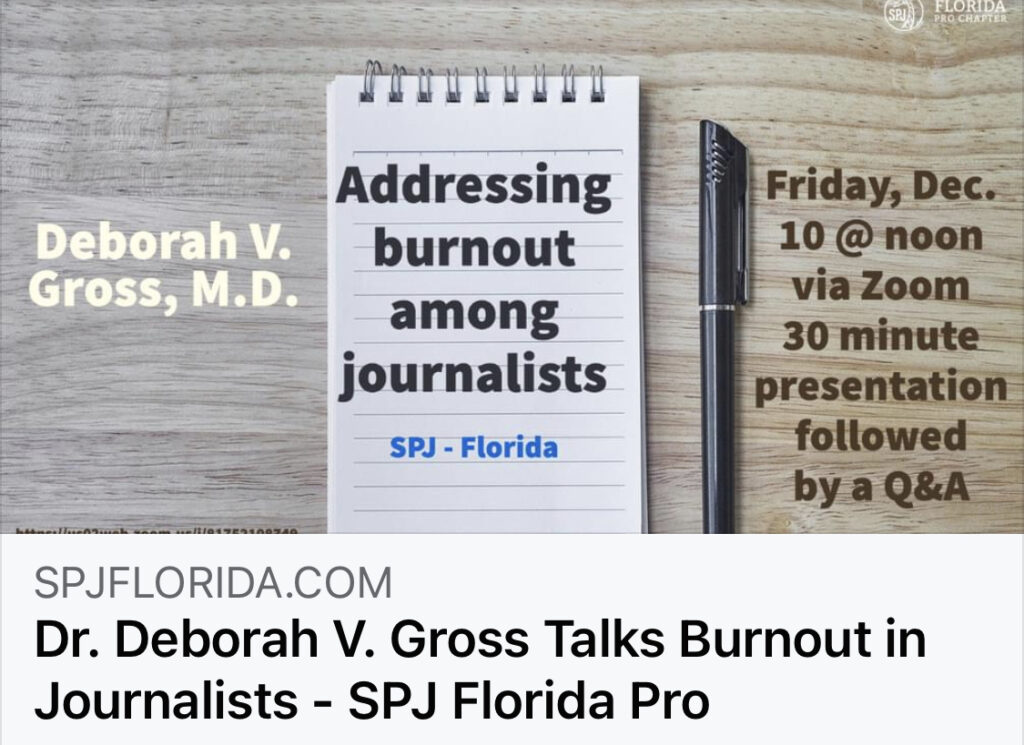
Each day, an estimated 18-22 veterans die by suicide; addiction is a leading cause.
Deployment, combat, and reintegration challenges are among many stressors that veterans may endure that could lead to a substance use disorder.
“The most prevalent types of substance use problems among male and female veterans include heavy, episodic drinking and cigarette smoking.” [a]
“Yet, the onset of substance use disorders can also emerge secondary to other mental health problems associated with these stressors, such as post-traumatic stress disorder (PTSD) and depression.” [a]
Co-occurring mental health disorders are prevalent among today’s veterans who receive treatment for substance use disorders.
Statistically, a veteran with PTSD or some other mental health disorder is more likely to receive an opioid prescription than those without mental health diagnoses. Those with PTSD often are prescribed higher doses of opioids and are more likely to receive refills easily. This means a veteran with PTSD who is taking opioids for treatment are more likely to be diagnosed with an opioid use disorder; which could trigger other unfortunate outcomes such as frequent emergency room visits, opioid-related accidents, over-doses, inpatient admission, and further injuries.
A veteran with PTSD may also be prescribed anti-anxiety medication. Anti-depressant medication can often be highly addictive. Some physicians actively prescribe non-addictive, anti-anxiety medications to prevent patients from developing a dependence which will often lead to addiction. (Pathway Healthcare’s CMO, Dr. Stephen Taylor, speaks more to the topic of addiction to anti-anxiety medication in this article.)
Very few veterans use illicit drugs. This may be due to the possibility of it leading to a dishonorable discharge. Alcohol use disorder is very prevalent due to military culture. Veterans that experienced high levels of combat exposure are more likely to engage in heavy drinking at 26% and 54 % binge drink in comparison to other military personnel. [a]
When co-occurring disorders exist, treatment for both addiction and mental illness is necessary to address the underlying causes and symptoms of each. SAMHSA suggests an integrated treatment approach for substance use and mental illness interventions. Treatment is available for both disorders but must be addressed as an individual condition. If not, one or both of the conditions may persist. Substance use disorder treatment services are accessible to veterans through VA Medical Centers (VAMC) across the country. For veterans not connected with a local VAMC, and even when they are, access to care can be difficult. This is why we at Pathway Healthcare exist – to increase access to care and to help people who need treatment for substance use disorders and co-occurring conditions. MAT Plus® is our treatment approach that combines both medication-assisted treatment and behavioral health integrative services. If you or someone you love is suffering from a dependence, substance use disorder, chronic pain or mental health disorder contact us or find a location near you.
[a]: https://www.ncbi.nlm.nih.gov/pmc/articles/PMC5587184/



